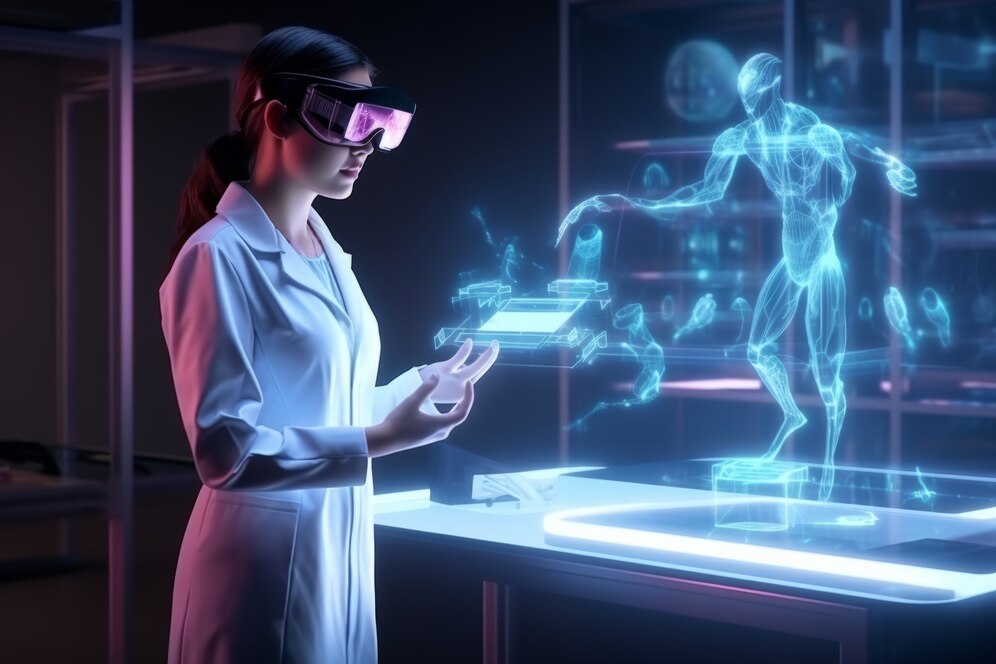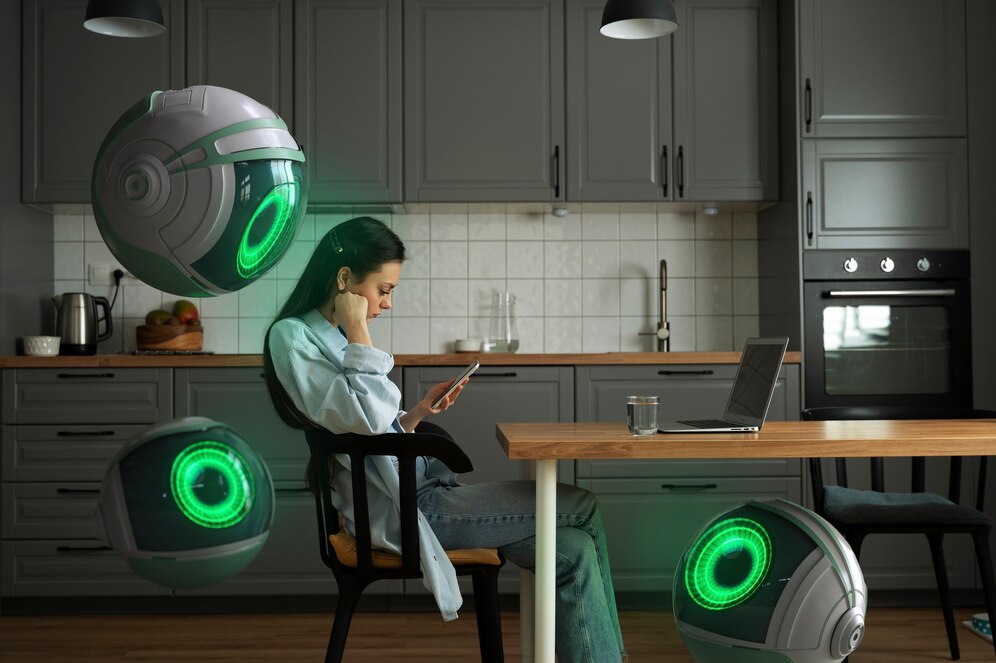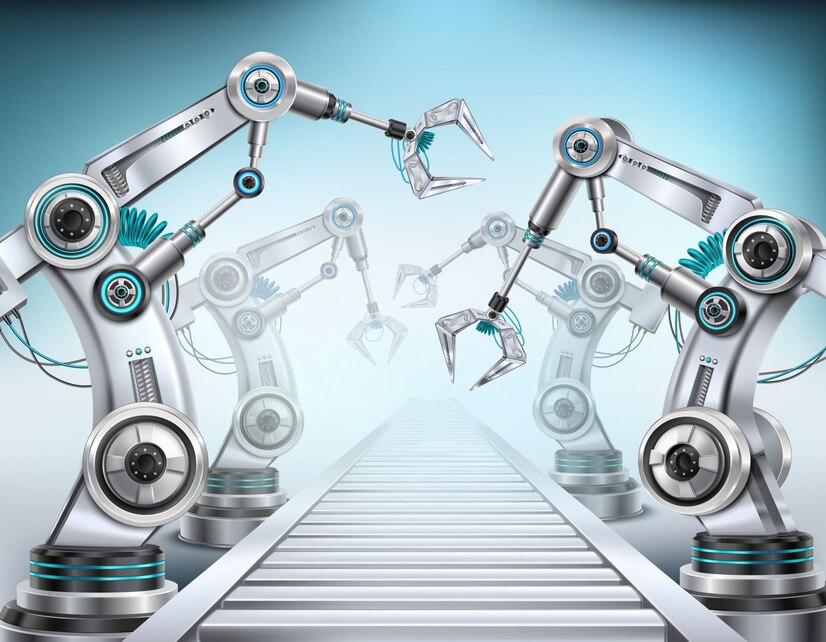AI-Powered Robotics Transforming Healthcare Industry is a headline that mirrors real change. On Tech Flect, we explore how robotic precision and intelligent systems are enhancing treatment, boosting surgical accuracy, and reshaping patient care entirely.
AI-Powered Robotics Transforming Healthcare Industry shows the shift toward automation backed by smart data. From hospital assistance to diagnostics, these machines reduce manual errors and raise the quality of care with efficient, real-time performance.
How AI Robotics Are Supporting Surgical Precision
AI-Powered Robotics Transforming Healthcare Industry is evident in modern operating rooms. These machines assist surgeons by delivering ultra-precise movements and reducing fatigue, helping improve surgical outcomes and patient recovery rates significantly.
Boosting Diagnosis Accuracy with AI-Powered Robotics
Smart robots now analyze patient data faster and more accurately than traditional methods. This boosts diagnosis speed and improves the reliability of results, helping healthcare professionals start effective treatment at earlier stages of a condition.
Robotic Assistance in Hospitals and Patient Monitoring
From medicine delivery to patient lifting and daily monitoring, AI robotics streamline hospital operations. These systems track vital signs in real time, alert staff to emergencies instantly, and allow better patient management with less manual effort.
Enhancing Physical Rehabilitation with Robotic Aid
AI robotics support recovery by offering interactive physical therapy sessions. They personalize therapy routines and provide consistent feedback to patients, encouraging quicker recovery and reducing dependency on full-time staff.
How AI Robotics Improve Healthcare Efficiency
AI-Powered Robotics Transforming Healthcare Industry improves task automation. From maintaining schedules to managing records and reducing staff burnout, these systems contribute to faster workflows, more focus on patients, and fewer human errors.
Ethical and Human-Centered Use of AI Robotics in Care
Despite automation, care remains personal. Robotics is designed to assist, not replace, the human connection in healthcare. Clear boundaries ensure safety, while AI-driven insights guide staff to make better, faster, and smarter medical decisions.
FAQs
Q1.What does AI-Powered Robotics Transforming Healthcare Industry really mean?
A:It refers to using intelligent robotic systems to perform medical tasks, improve care, support doctors, and streamline hospital operations with smart automation.
Q2.How do AI-powered robots assist during surgeries?
A:They help surgeons with precision movements, reduce fatigue, and enhance visual magnification, making surgeries safer and more efficient for both staff and patients.
Q3.Are AI-powered robotics used outside of surgery?
A:Yes, they are used in diagnostics, patient monitoring, physical rehabilitation, and even hospital logistics to optimize time, safety, and efficiency in care delivery.
Q4.Do robotic systems replace doctors or nurses?
A:No, these systems are designed to assist medical professionals, not replace them. They handle repetitive tasks, allowing staff to focus more on decision-making and care.
Q5.What are the benefits for patients in robotic healthcare systems?
A:Patients receive faster diagnostics, personalized treatment, better post-op care, and real-time monitoring, all contributing to safer, more responsive healthcare.
Conclusion:
AI-Powered Robotics Transforming Healthcare Industry shows us the next chapter in medicine. With enhanced precision, reduced risks, and real-time insights, AI-powered systems help hospitals serve better and smarter.
They ease workload, support staff, and offer patients faster healing and safer environments. As robotics and AI blend into daily practice, healthcare becomes not just modern but truly optimized.



